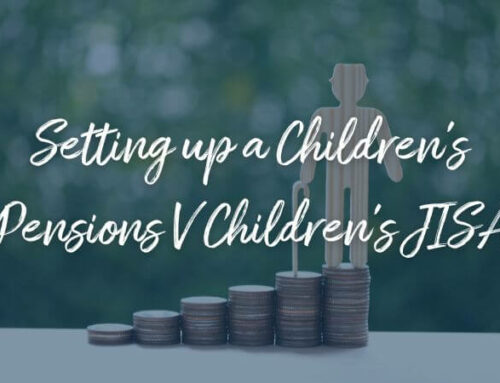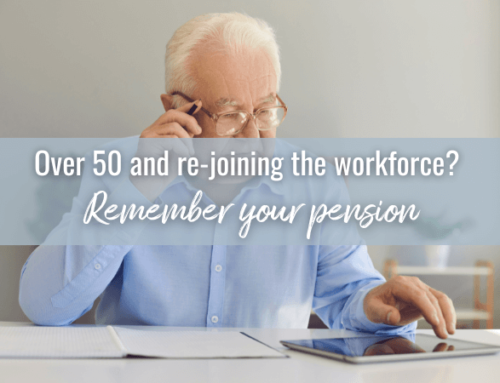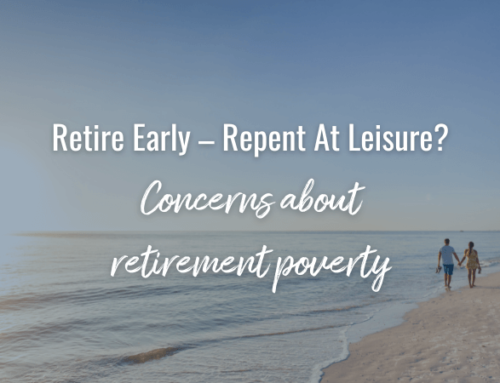HOW TO PLAN FOR RETIREMENT – ADVICE FROM IFA, PAUL CLIFFORD
We have some great tips on how to plan for your retirement.
Retirement is often seen as the end of one chapter and the beginning of the next. Planning for it isn’t just about getting your money organised, although that’s obviously very important.
Depending on your circumstances, you may want to take the opportunity to completely change your lifestyle, move home, start a new business, travel the world, learn a new skill or simply put your feet up. Like all big projects in life, the more time you can invest in thinking it through, the better the outcome will be. We hope you find our ‘how to plan for retirement’ tips useful.
HOW TO PLAN FOR RETIREMENT TIP 1 – MANAGING YOUR MONEY
Getting retirement planning advice before accessing your pension pot can go a long way to help alleviate financial worries later on in life. With longevity increasing, more people than ever will spend longer in retirement than previous generations.
The changes in legislation have given those about to retire far greater freedom when it comes to using their pension pot, but freedom brings with it greater individual responsibility. Low interest rates and periods of market volatility can make income planning for the future a difficult task without professional advice.
It is generally agreed that spending in retirement tends to follow a u-shaped curve. People often spend more money in the early, more active years of their retirement, with spending decreasing in the middle years and increasing again later in life when additional care and medical expenses are more likely to be required.
HOW TO PLAN FOR RETIREMENT TIP 2 – BUDGETING FOR YOUR LIFESTYLE
It makes sense to begin drawing up a budget for your retirement that covers your likely income needs. There are various factors to consider. You may have income from employment, equally you could choose to give up work altogether and tick off the items on your bucket list. You may decide to downsize from a family home to a smaller retirement property that is cheaper to run and means you can extract some equity to bolster your income.
You may want to help children or grandchildren financially by paying for school fees or helping them with a deposit for a home of their own. You will also have to plan for a time when you might need to pay for help around the house, and for the likelihood of needing medical and nursing care in your later years. Taking professional advice can help by creating a roadmap for your financial future.
HOW TO PLAN FOR RETIREMENT TIP 3 – PAYING FOR LIFE WHEN YOU REACH 100
The good news is that more of us are reaching our 100th birthday, but two million elderly people in the UK have a care-related need and it is estimated that four million will need daily help by 2029.
If you find yourself needing care, your local authority must calculate the cost of your care and assess how much you have to contribute from your own resources. Currently, anyone in England with assets over £23,250 must pay the full cost of their care. Different figures and eligibility rules apply in other parts of the UK.
Many people simply use their savings and investments to pay their fees, and we can advise you on the best way to do this.
There are also property-related options such as equity release that can help you access the money tied up in your home, or a deferred payment agreement where your local authority helps with the cost of care and recoups the money when your property is sold.
There are also specialist long-term immediate care plans that are purchased with a lump sum and in return pay a guaranteed income for the rest of your life.
Think carefully before securing other debts against your home. Equity released from your home will be secured against it. Your home may be repossessed if you do not keep up repayments.
If you’re wondering how to plan for retirement, please talk to us. Clifford Osborne are Independent Financial Advisors (IFA) based in Eastbourne, East Sussex, offering retirement planning advice, pension advice, mortgage advice and more. Our clients often come from Uckfield, Lewes, Brighton, Tunbridge Wells, Hastings, Bexhill, Newhaven, Seaford, Crowborough and further afield.
Please read our VoucherFor reviews here.
The value of investments can go down as well as up and you may not get back the full amount you invested. The past is not a guide to future performance and past performance may not necessarily be repeated.
It is important to take professional advice before making any decision relating to your personal finances. Information within this blog is based on our current understanding of taxation and can be subject to change in future.
It does not provide individual tailored investment advice and is for guidance only. Some rules may vary in different parts of the UK; please ask for details. We cannot assume legal liability for any errors or omissions it might contain. Levels and bases of, and reliefs from, taxation are those currently applying or proposed and are subject to change; their value depends on the individual circumstances of the investor.
The value of investments can go down as well as up and you may not get back the full amount you invested. The past is not a guide to future performance and past performance may not necessarily be repeated.
If you withdraw from an investment in the early years, you may not get back the full amount you invested. Changes in the rates of exchange may have an adverse effect on the value or price of an investment in sterling terms if it is denominated in a foreign currency. Taxation depends on individual circumstances as well as tax law and HMRC practice which can change.
The information contained within the blog is for information purposes only and does not constitute financial advice.
The purpose of the blog is to provide technical and general guidance and should not be interpreted as a personal recommendation or advice.






